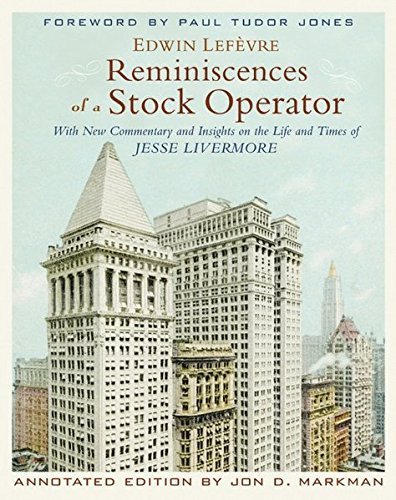What do you think?
Rate this book


Hardcover
Published January 1, 1788
"Are you a good shot?"
"Well," said the duellist, "I can snap the stem of a wineglass at twenty paces," and he looked modest.
"That's all very well," said the unimpressed second. "But can you snap the stem of the wineglass while the wineglass is pointing a loaded pistol straight at your heart?"